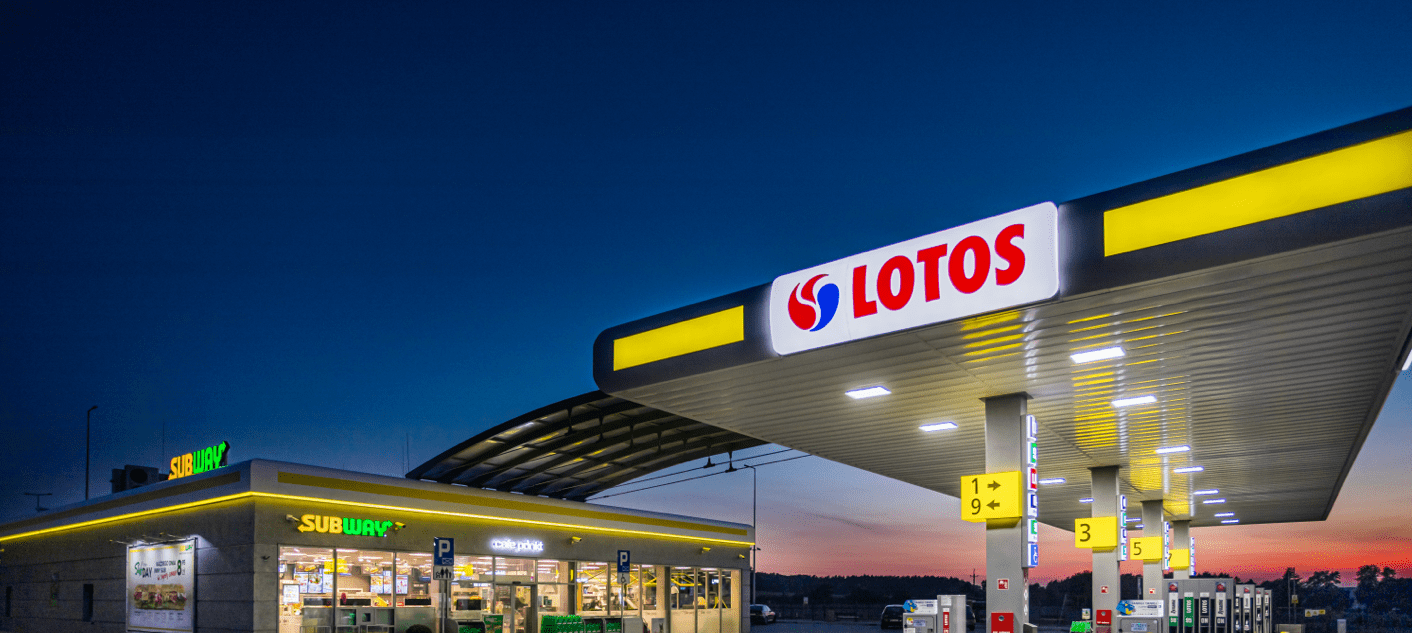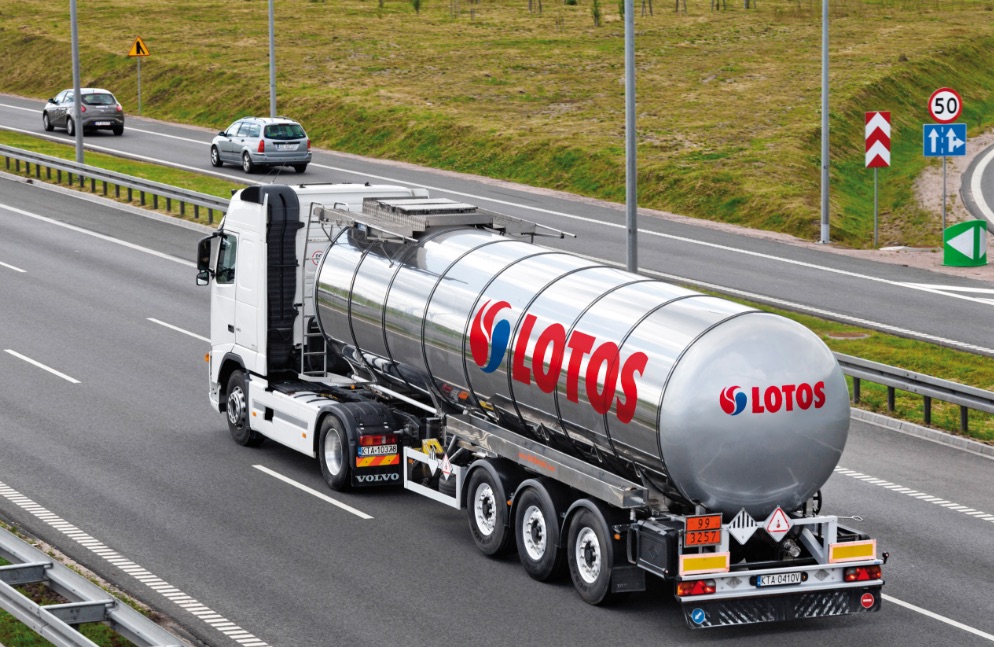The EFRA facilities, integrated with the refinery’s oil processing line, have enabled the Company to increase the output of middle distillates (diesel oil and, optionally, aviation fuel) by approximately 900 thousand tonnes per year, from the same volume of crude oil processed. As for the other product categories, the production capacities of naphtha and LPG have changed, their respective target levels to be reached as part of the optimisation process. The Grupa LOTOS refinery also maintained a capacity to produce bitumens, which fetched relatively high profit margins compared with other petroleum products in 2020. The maximisation of their output, with advantage taken of arising market opportunities, was a strong contributor to the LOTOS Group’s profit on sales in 2020.
In 2020, the Company completed the project to construct a continuous emission monitoring system (CEMS) to continuously monitor the environmental impact of the refinery’s operations. The project was implemented to meet the relevant provisions of the national and EU environmental laws. Anticipating the Industrial Emissions Directive, whereby the European Union requires that emission monitoring be adapted to the best available techniques (BAT).



